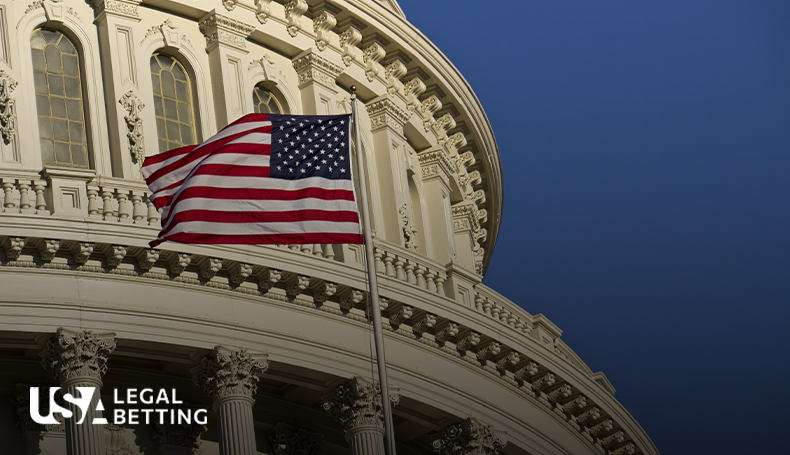If approved, Eure’s proposal would allow all 26 Mississippi casinos to team up with online sports betting operators.
The bill was amended slightly since it arrived in the Senate. The current version includes more regulations for fantasy sports, mandates age verification tools, and addresses gray-market electronic games.
The changes may require the House to take another vote on the bill, though they are not expected to jeopardize the support for the bill should the Senate formalize its approval.
“We want to continue to move the bill along,” Sen. David Blount (D-29), the gaming committee chairman, said after Tuesday’s vote. “There are a lot of issues that we need to consider, from the perspective of the industry and also from the perspective of the consumer, that we will do if we get to the point where we might be able to get something done this year. In the meantime, we don’t want to stop people from listening to each other and working.”
The bill includes a revenue-based tax system that increases in accordance with a legal betting site’s earnings. Taxes will be attached to four percent of gross revenue up to $50,000 per month, six percent between $50,000 and $134,000 per month, and eight percent above $134,000 per month.
Operators will pay another four percent in gross revenue to help fund the Road and Bridge Repair Fund. They will not have to pay more than a maximum of 12 percent of their gross monthly revenue.
Estimates suggest that Mississippi, which had the lowest nominal GDP per capita of any state in 2022, could earn $25-35 million in annual tax stipends.


















